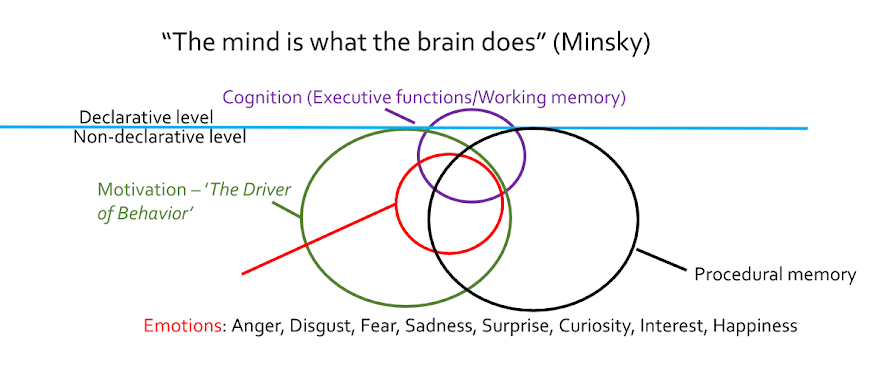Please support the blog via Swish (Sweden), MobilePay (Finland) or Wise.
On July 3rd, I posted a comment about updated Nordic Nutrition Recommendations, where I argued that the dietary proposals made by the Nordic Council of Ministers diverted from the convergence of nutrition studies, and that the probable reason for that was Continued influence effect, Group-think, and dysrationalia (Österberg, 2023).
On July 9, updated slightly the day after, Dr. Marion Nestle, Professor of Nutrition, Food Studies, and Public Health Emerita at New York University, made another interesting remark.
Link to source.
Note two things. First, a remark about what the Nordic Nutrition Recommendations do not contain: a recommendation to reduce ultra-processed foods.
Second. the reader who makes the remark chooses to be anonymous!?
Dr. Nestle then does what any scholar should, demonstrate total transparency, that is, adding links to lists with all comments on the topic.
July 19, Dr Nestle published another comment:
Dr. Nestle makes this remark:
“I do feel strongly that the concept of ultra-processed is an enormous step forward in understanding how to eat more healthfully, backed up as it is by hundreds of observational studies and one extraordinarily well controlled clinical trial (Kevin Hall’s at NIH). I think enough evidence exists, and the concept is well enough defined, to advise the public to eat less highly processed food products”.Further down, she posted a letter that she received from three Norwegian scholars:
“We have read your books, followed your daily blogposts for years, and always appreciated your informative and thoughtful letters. However, your post Monday 10th July on NNR2023 and the chapter on ultra-processed foods (UPF) is misinformed, and we believe that your informant has misled you. We would appreciate the opportunity to answer the claims, one by one. You: “The backstory here is one of effective food industry lobbying”. This is 100 % untrue”.The letter then continues. The authors of the letter are:
The authors of the letter demonstrate what is known as defensive argumentation. This is typically applied when you know that you are wrong, but can't admit it.
Another thing is questioning a source.
In their famous report When Prophecy fails ..., social psychologist Leon Festinger, Henry Riecken, and Stanley Schacter (1956/2008) infiltrated a sect, they wrote the following on page three:
“A man with a conviction is a hard man to change. Tell him you disagree and he turns away. Show him facts or figures and he questions your sources. Appeal to logic and he fails to see your point”.Festinger (1957) referred to this as cognitive dissonance.
In a later analysis of the case, (Turner and Pratkanis, 1998) use group-thing as the explanation.
In conclusion, Dr. Nestle as well myself have noticed that there's something fishy about the Nordic Nutrition Recommendations. I concluded that there seems to be politics at play, and Dr. Nestle seems to suspect that the food industry is involved.
In a healthy academic environment, this would lead to a debate based on heterodoxy. But what happens is that members of NNR-committee use defensive argumentation to try to silence criticism.
July 22, 2023, Will meat abstinence save the planet? The case for Rational Entrepreneurial Thinking
May 23, 2023, Meat, eggs, and whole dairy. FAO now supports my conclusions from 2021. That's great!
April 10, 2023, A dietitian explains which non-dairy milk is best for you. A open letter to Marion, Benji and Nathaniel (Business Insider)
November 5, 2022, When did our species start eating meat? The case of vegan proponent Dr Marcus Vinnari
October 22, 2022, Is Alzheimer's Disease just another form av diabetes? The case of Finland
Please support the blog via Swish (Sweden), or MobilePay (Finland) or Wise.
More about my expertise:
Executive coaching for CEOs/managers and workshops to facilitate Organizational Performance, Learning, and Creativity for Problem Solving | Lectures: Nutrition for physical and mental health | Course/lecture: children's emotional and social adjustment and cognitive development | Language training - Swedish | Academy Competency | CV | Teaching skills and experience | Summary of research project | Instagram | Linkedin | YouTube-channel | TikTok | Twitter




No comments:
Post a Comment